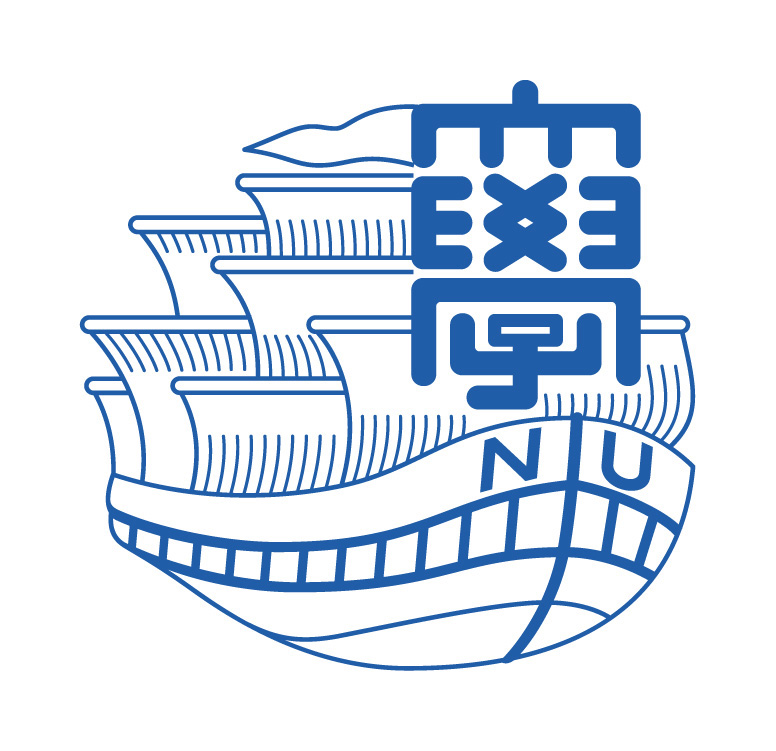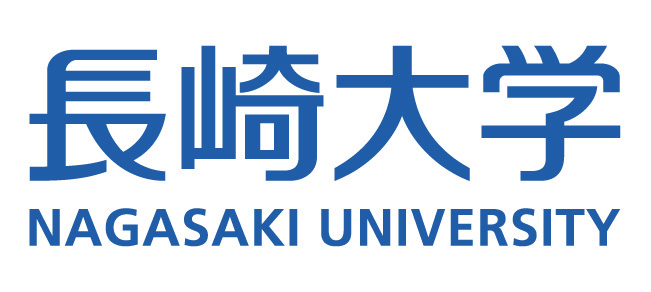
Publication of “Possible Nuclear Use Cases in Northeast Asia: Implications for Reducing Nuclear Risks” “Reducing the Risk of Nuclear Weapons Use in Northeast Asia (NU-NEA)” Project Year 1 Report
2022.01.25
Press release
PDF ver.

The report is produced as part of a joint 3 year research project, Reducing the Risk of Nuclear Weapon Use in Northeast Asia, to assist policymakers in identifying ways to avoid nuclear conflicts through identifying and modelling nuclear weapons use cases, and assessing what lessons the use cases can offer for policy development. The report looks at hypothetical cases for nuclear weapons use in the 2025-2030 timeframe in the context of conflicts on the Korean Peninsula or Northeast Asia more broadly, developing use cases for (mostly) limited nuclear war involving the DPRK, US, China, and Russia - as the states to potentially use nuclear weapons first. It also considers the possibility of the use of nuclear or other weapons by non-state actors as triggering events. The project partners stress that just because the cases are posited in the report does not mean that they are likely, simply that they are plausible. None of the use cases are in any way desirable in and of themselves, and all possible efforts should be made to avoid any nuclear weapons use. (Please see the attached for more detailed information)
The press conference
We will hold the press conference to introduce the above report as follows:
Date and Time: January 28 (Fri): 11:00-12:00 noon JST
Place: On-line (Zoom) [with simultaneous translation of Japanese/English]
[please contact RECNA by e-mail by January 27 for zoom participation link]
Speakers :
Prof. Fumihiko Yoshida Director, RECNA
Prof. Tatsujiro Suzuki Vice Director, RECNA
--
Dr. Peter Hayes Director, Nautilus Institute
Dr. David von Hippel Senior Associate, Nautilus Institute
Dr. Shata Shetty Executive Director, Asia Pacific Leadership Network for Nuclear
non-proliferation and Disarmament (APLN)
Ms. Eva Lisowski Tokyo Institute of Technology Master's Course
[Attached Information]
“Possible Nuclear Use Cases in Northeast Asia: Implications for Reducing Nuclear Risks”
“Reducing the Risk of Nuclear Weapons Use in Northeast Asia (NU-NEA)” Project Year 1 Report
The project is co-sponsored by
The Research Center for Nuclear Weapons Abolition, Nagasaki University (RECNA, Japan), The Asia-Pacific Leadership Network for Nuclear Non-Proliferation and Disarmament (APLN, Seoul), The Nautilus Institute (US), with cooperation of Panel on Peace and Security of Northeast Asia (PSNA, Japan).
The report looks at nuclear weapons use in 2025-2030 as part of a conflict on the Korean Peninsula or Northeast Asia, developing use cases for (mostly) limited nuclear war involving the DPRK, US, China, Russia - as the states to use nuclear weapons first. It also considers the possibility of the use of nuclear or other weapons by non-state actors as a triggering event. The report attempts to address the questions: Why does the nuclear use happen? Which state responds to nuclear first use with nuclear weapons and/or conventional forces? What and where are the targets of nuclear weapons in each case, and when does the attack occur? How are the first strikes and subsequent nuclear attacks carried out? How plausible is the nuclear use case, how significant are its impacts likely to be?
Research Center for Nuclear Weapons Abolition, Nagasaki University (RECNA)
Nagasaki University is the only university in the world that has inherited a medical college having experienced the atomic bombing. Achieving a “world free from nuclear weapons” is thus a paramount concern to the University. Research Center for Nuclear Weapons Abolition, Nagasaki University (RECNA), located in a city that was attacked by an atomic bomb, is an educational and research institute which is the interdisciplinary center of local academia with a firsthand experience of the horror of nuclear weapons.
Nautilus Institute
The Nautilus Institute hold that it is possible to build peace, create security, and restore sustainability for all people in our time. To this end, we convene a community of scholars and practitioners who conduct research on strategies to solve interconnected global problems. With networks of partners, we develop and apply these strategies to the linked threats of nuclear war, urban and energy insecurity, and climate change in the Asia Pacific region. We encourage civil society to strengthen regional governance of these common problems and shared solutions.
The Asia-Pacific Leadership Network for Nuclear Non-Proliferation and Disarmament (APLN) has nearly 120 members from countries across Asia and the Pacific, consisting of former political, diplomatic and military leaders, senior government officials, and scholars and opinion leaders. The APLN aims to inform and energise public opinion, especially high-level policymakers, to take seriously the very real threats posed by nuclear weapons, and to do everything possible to achieve a world in which they are contained, diminished and eventually eliminated.
“Reducing the Risk of Nuclear Weapons Use in Northeast Asia (NU-NEA) Project” is a three Year Research Effort:
◦ Year 1: Define a plausible set of use cases for nuclear weapons in a nuclear conflict war on or involving the Korean Peninsula and in Northeast Asia more broadly
◦ Year 2: Calculate the direct and indirect effects, including dispersion of radioactivity, impacts on infrastructure, populations, and environment (and potential effects on climate, if possible) of resulting nuclear detonations in Korea and beyond
◦ Year 3: Draw policy implications based on the results of year 1 and 2 analyses of the pathways to and impacts of limited nuclear wars in the NEA region; and to disseminate the results and policy recommendations widely to policymakers and stakeholders
Papers published in support of the project’s analysis so far include:
https://www.recna.nagasaki-u.a
1. The Role of Missile Defense in Northeast Asia
12 Jan 2022 | David WRIGHT
David Wright identifies key uncertainties that the US and its allies must consider when assessing the effectiveness of defense systems against potential DPRK attacks.
2. The Deliberate Employment of United States Nuclear Weapons: Escalation Triggers on the Korean Peninsula.
6 Jan 2022 | Daryl G. PRESS
Dr Daryl Press, Professor at Darthmouth College, analyses hypothetical scenarios that could lead to the United States deciding to use nuclear weapons on the Korean Peninsula.
3. US Entry into the Korean War: Origins, Impact, and Lessons
16 Dec 2021 | James I. MATRAY
James I. Matray describes the reasons for the outbreak of the Korean War and US entry into the conflict, and lessons learnt.
4. Nuclear-Use Cases for Contemplating Crisis and Conflict on the Korean Peninsula
9 Dec 2021 | Paul K. DAVIS and Bruce W. BENNETT
The authors set out ten cases highlighting the range of ways in which nuclear weapons might be used on the Korean Peninsula.
[Contacts]
RECNA Office TEL +81-95-819-2164 / FAX +81-95-819-2165
E-mail recna_staff@ml.nagasaki-u.ac.j




